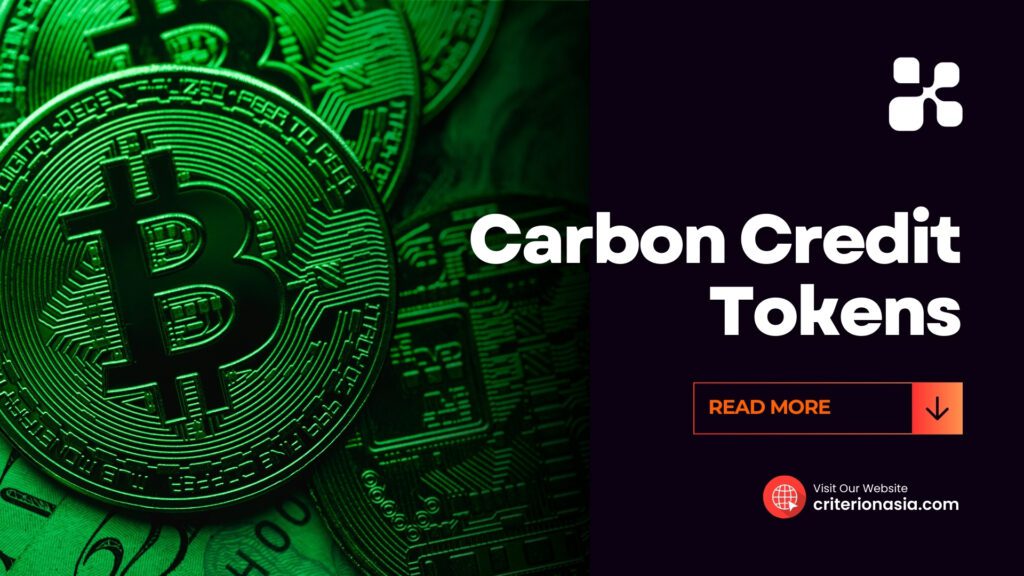
In today’s climate-conscious world, businesses can no longer afford to ignore environmental concerns. As the planet grapples with the escalating effects of global warming, consumers are increasingly demanding products and services from companies that prioritize sustainability. Carbon emissions, a primary driver of climate change, have become a key metric for measuring a company’s environmental impact.
What are Carbon Credits?
A carbon credit represents the right to emit one metric ton of carbon dioxide or its equivalent greenhouse gas. These credits are generated through projects that reduce greenhouse gas emissions, such as reforestation or renewable energy initiatives. By purchasing carbon credits, individuals and organizations can offset their own carbon footprint and support these projects.
The Carbon Credit Market
The carbon credit market facilitates the trading of these emissions reductions. It provides a mechanism for companies to comply with emissions regulations and for individuals and organizations to invest in climate solutions.
Carbon Credit Tokens
Recently, there has been a growing trend towards tokenizing carbon credits. This involves converting carbon credits into digital assets, or tokens, that can be traded on blockchain-based platforms. By leveraging blockchain technology, carbon credit tokens can offer increased transparency, security, and efficiency in the carbon market.
Regulatory Landscape in Thailand
Thailand’s Securities and Exchange Commission (SEC) has been at the forefront of regulating sustainable finance. The SEC has introduced various initiatives to promote sustainable investing, including:
- Green, Social, Sustainability and Sustainability-Linked Bonds, these bonds are designed to finance projects with positive environmental or social impacts.
- Digital Asset Tokens, the SEC has updated its regulations to allow for the issuance of digital asset tokens linked to sustainability initiatives, such as carbon credits.
- Utility Tokens, the SEC has recently introduced regulations for utility tokens, which can be used to access goods or services, including carbon credits.
These regulatory developments have created a favorable environment for the growth of the carbon credit token market in Thailand.
Potential Impacts and Considerations
The tokenization of carbon credits holds significant promise, but it also comes with challenges and potential risks. Some of the potential impacts include:
- Increased liquidity, tokenizing carbon credits can enhance market liquidity, making it easier for investors to buy and sell these assets.
- Enhanced transparency, blockchain technology can provide greater transparency and traceability of carbon credits, reducing the risk of double-counting or fraud.
- Greater accessibility, carbon credit tokens can make it easier for a wider range of investors to participate in the carbon market.
- Potential for volatility, the value of carbon credit tokens may fluctuate significantly due to factors such as changes in climate policy, technological advancements, and market sentiment.
- Risk of over-reliance on offsets, there is a risk that companies may rely too heavily on carbon offsets to meet their emissions reduction targets, rather than implementing meaningful reductions in their own operations.
Carbon credit tokens represent a promising new development in the realm of sustainable finance. By leveraging blockchain technology and regulatory support, these tokens can help to drive investment in climate solutions and accelerate the transition to a low-carbon economy. However, it is essential to address the potential challenges and risks associated with this emerging market to ensure its long-term success.
Reference
